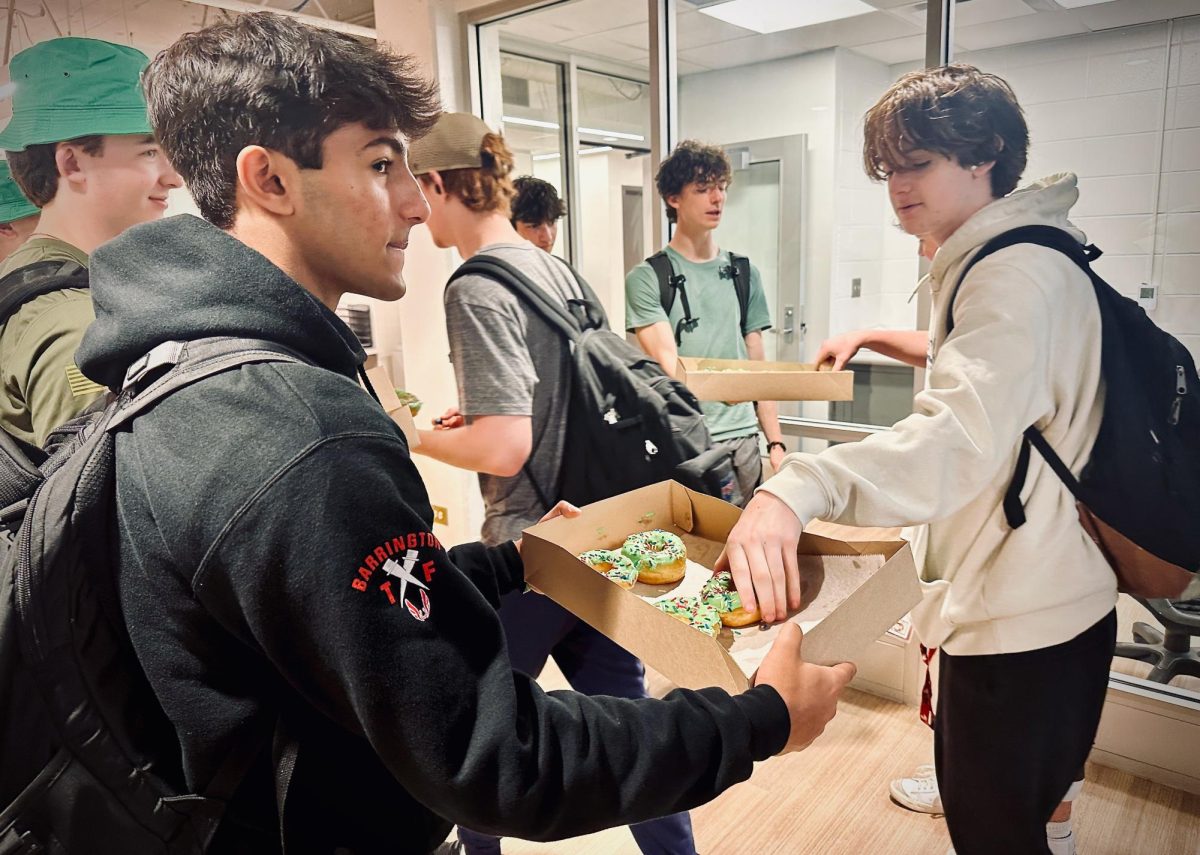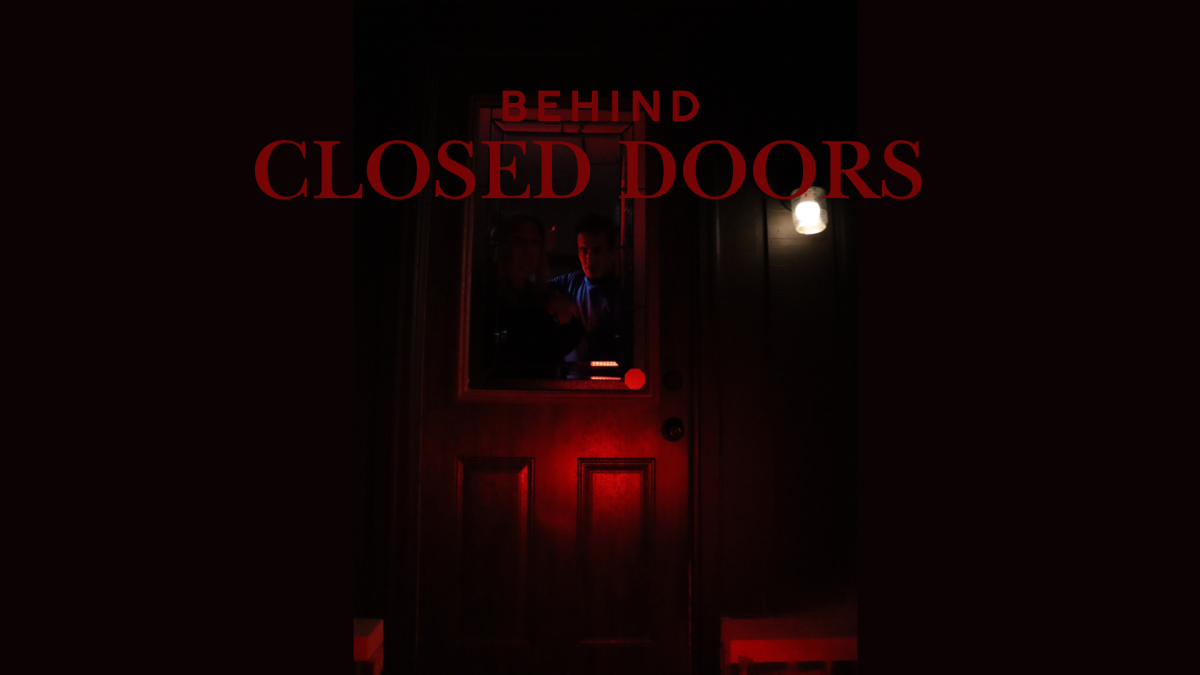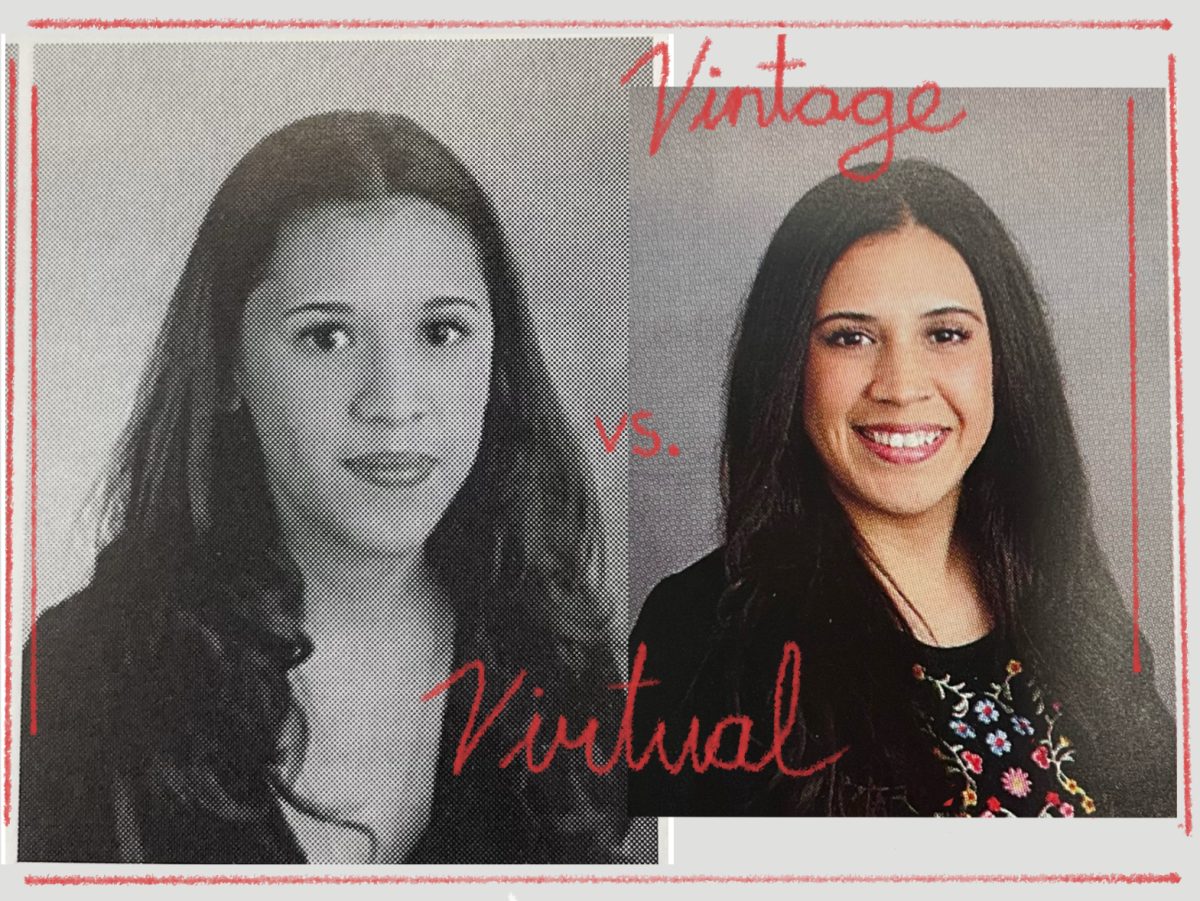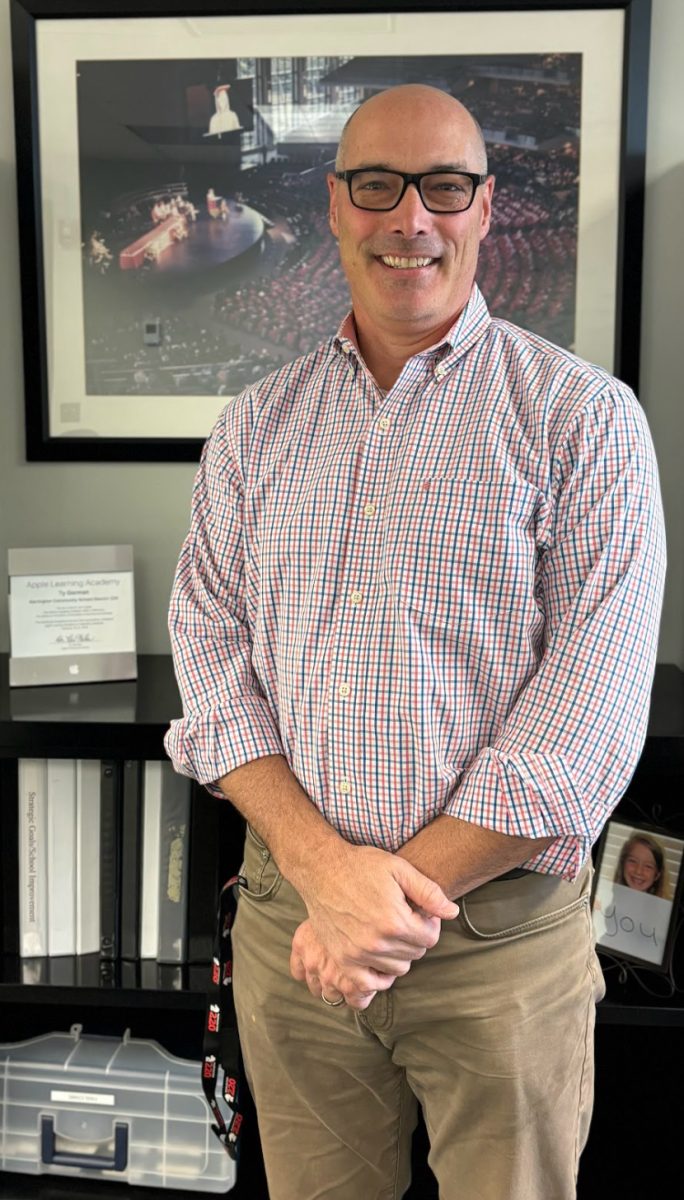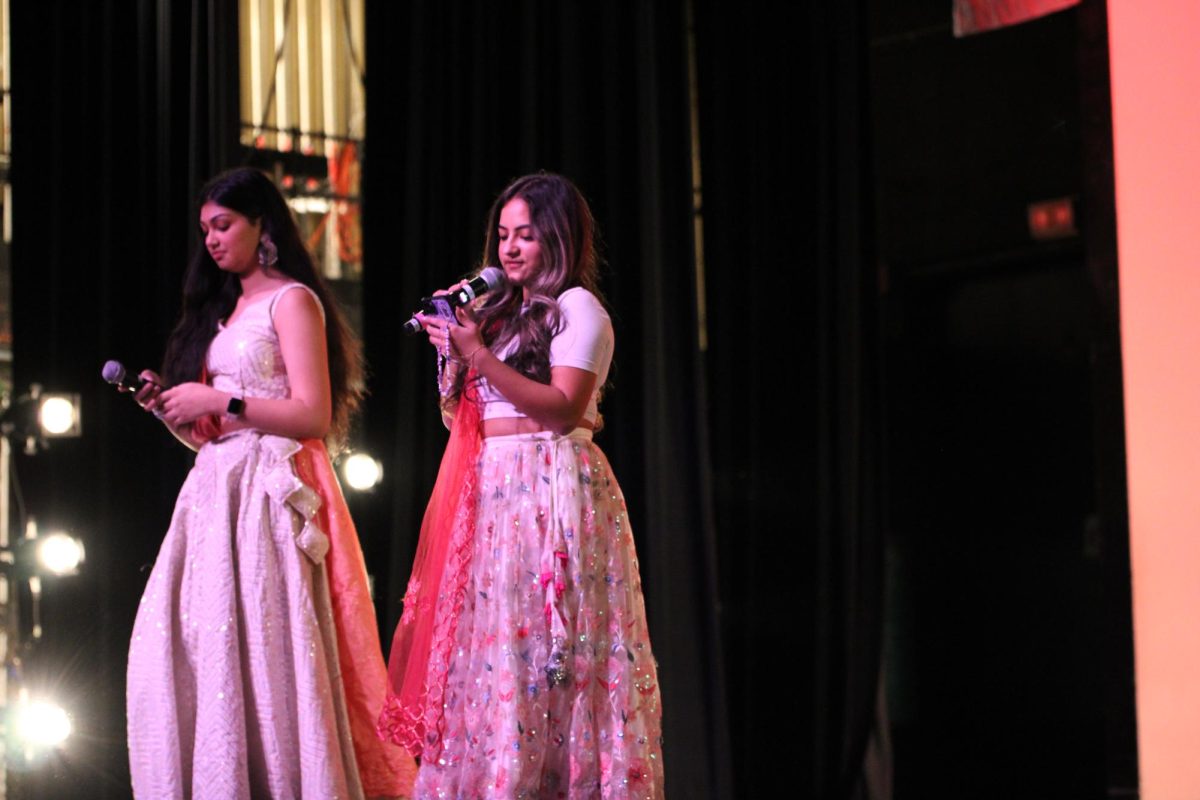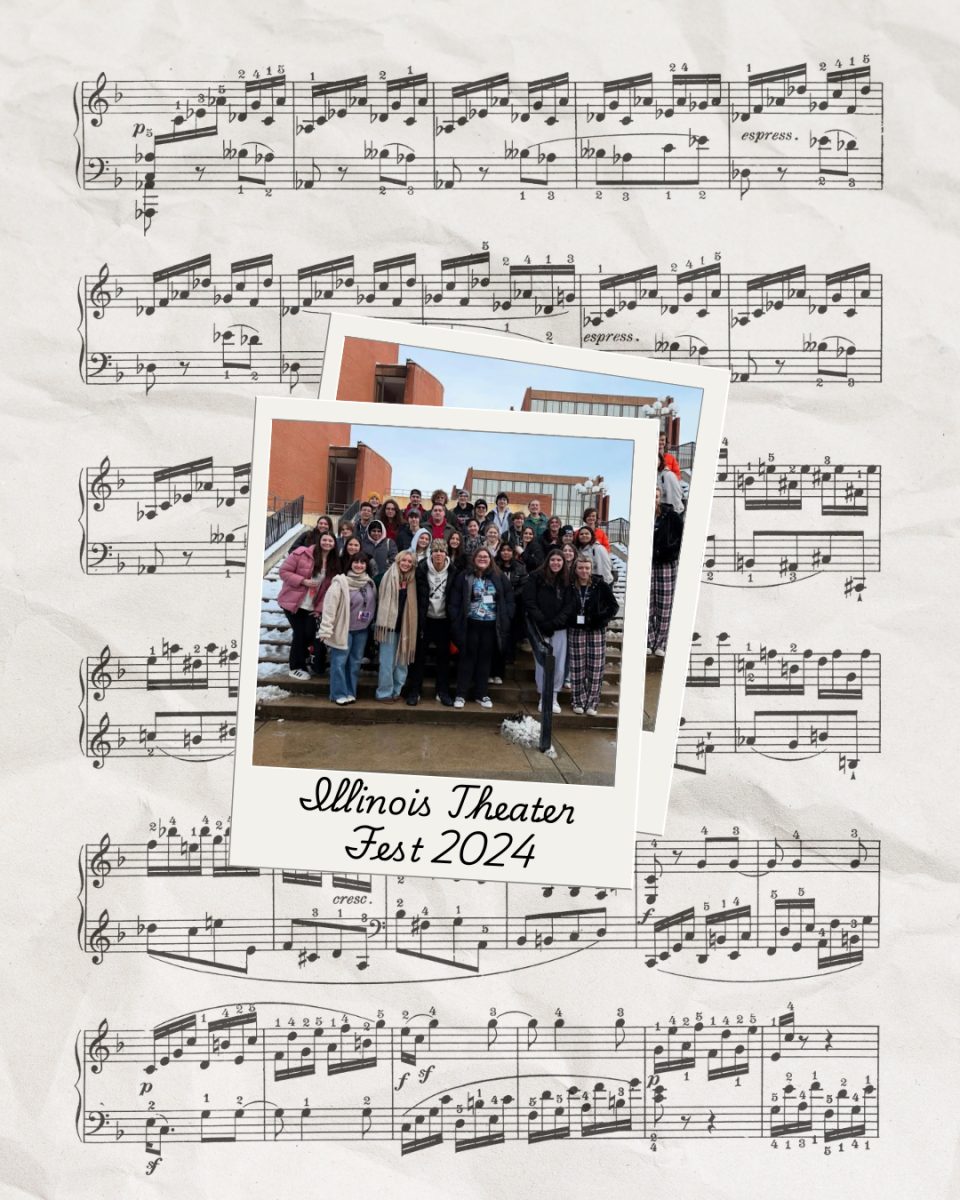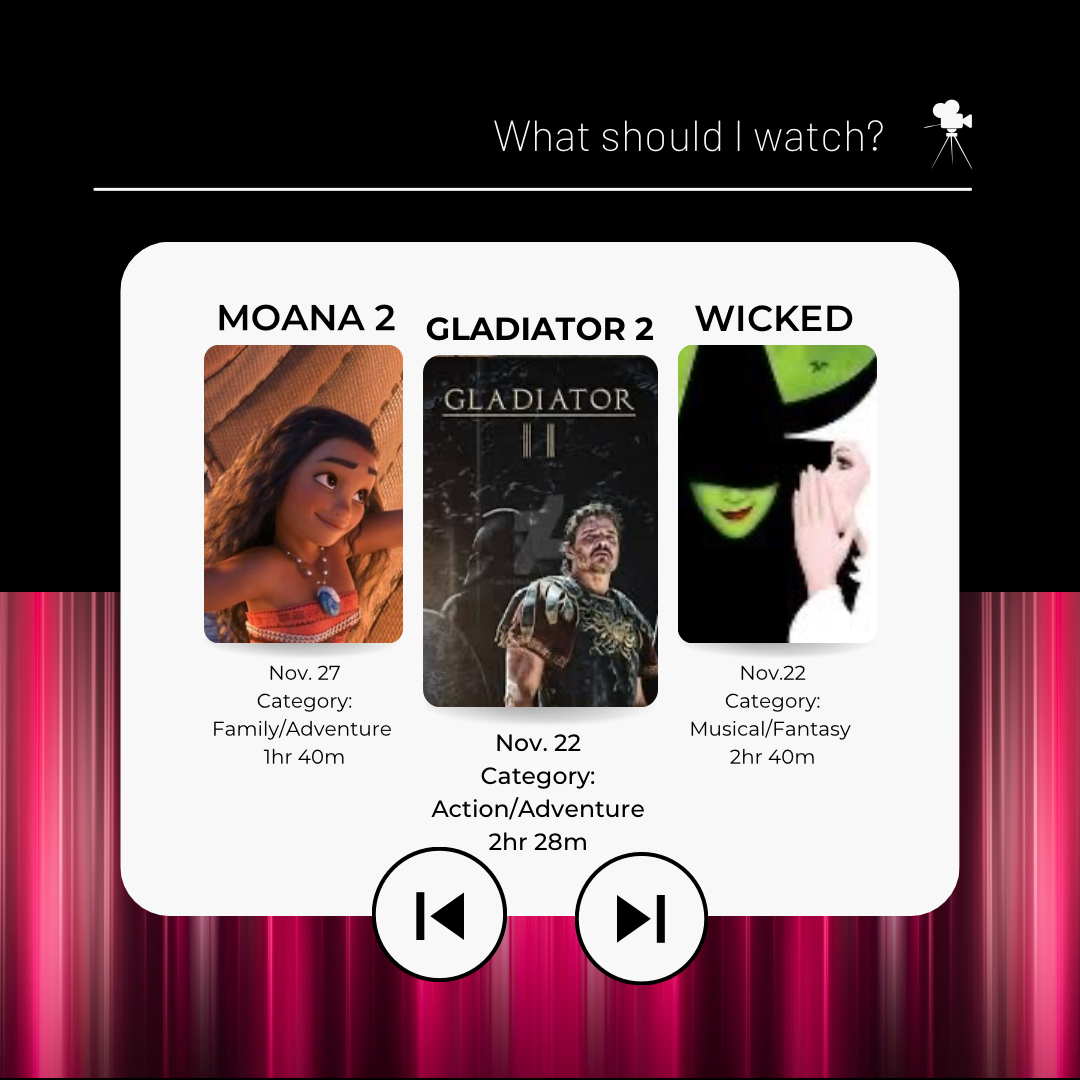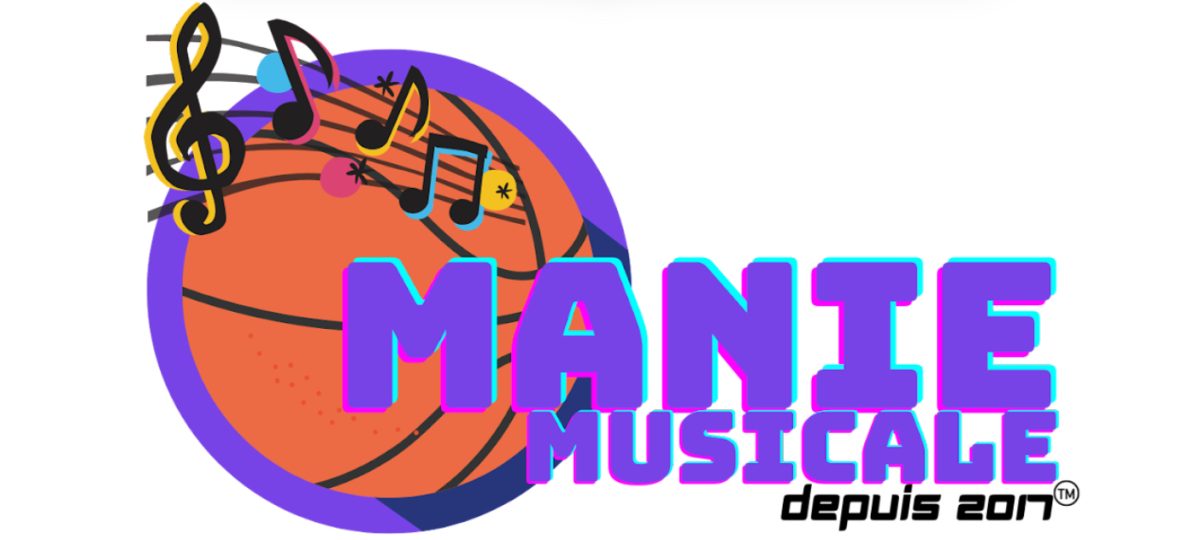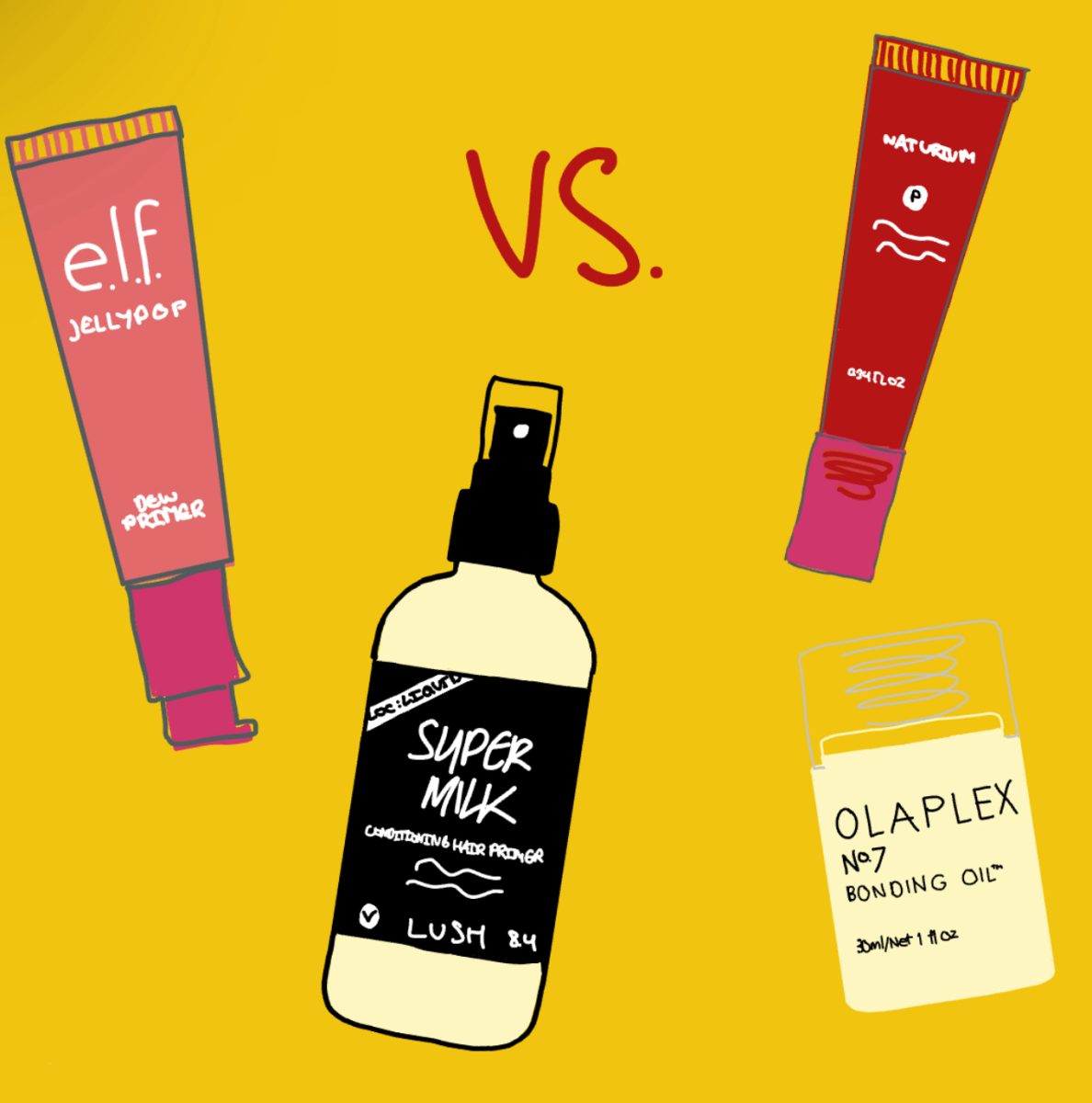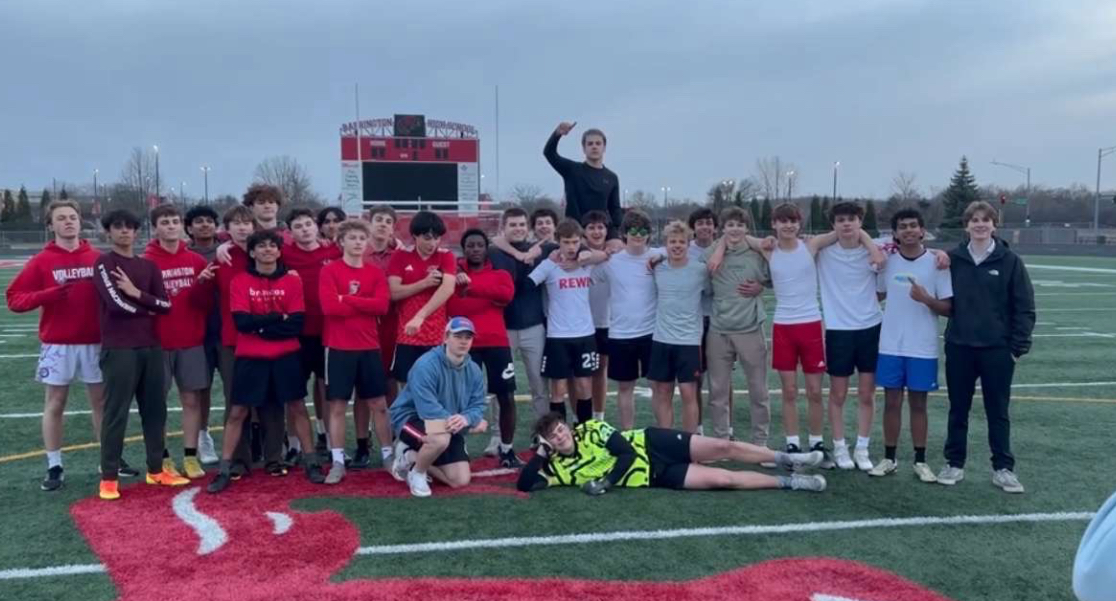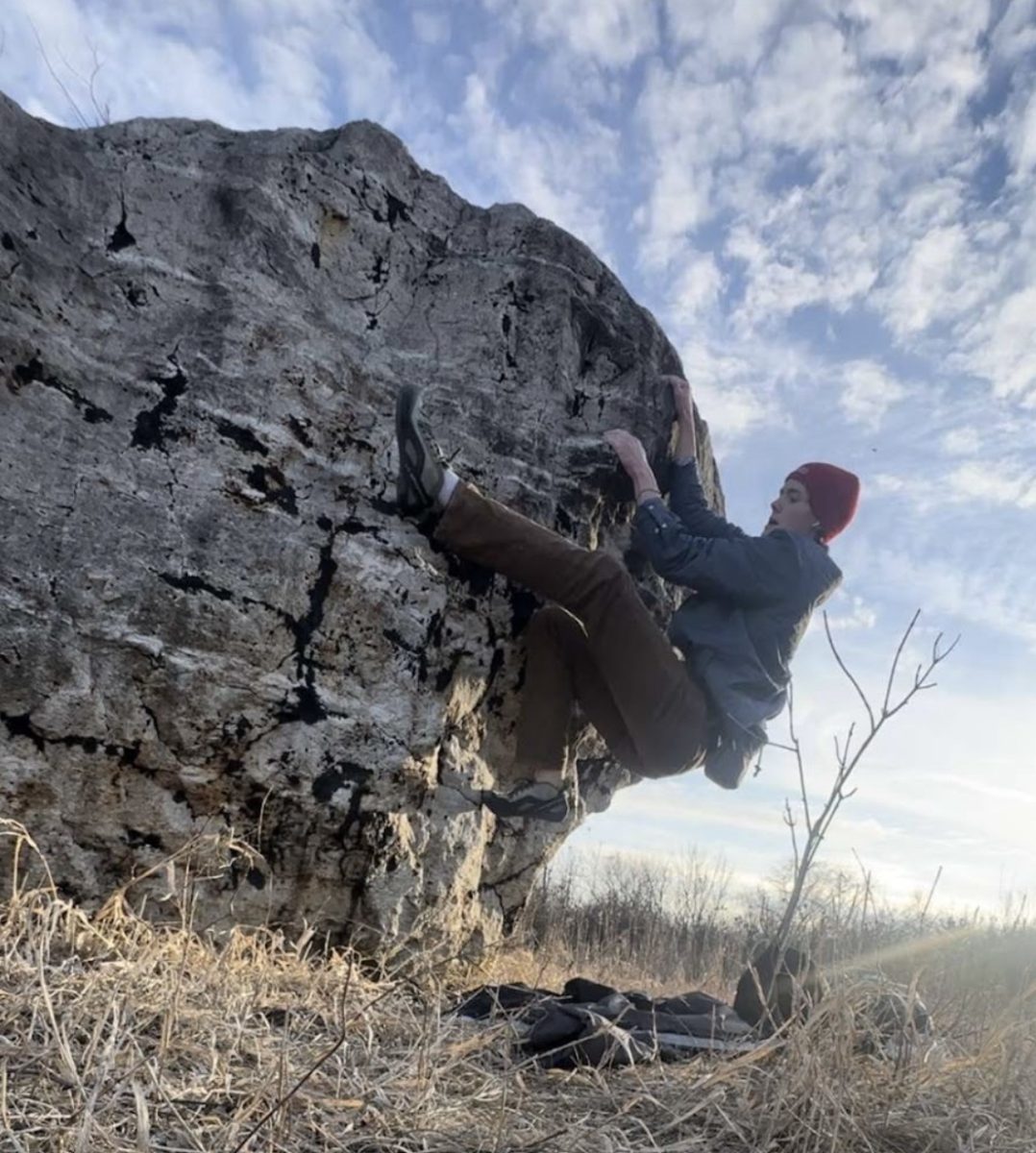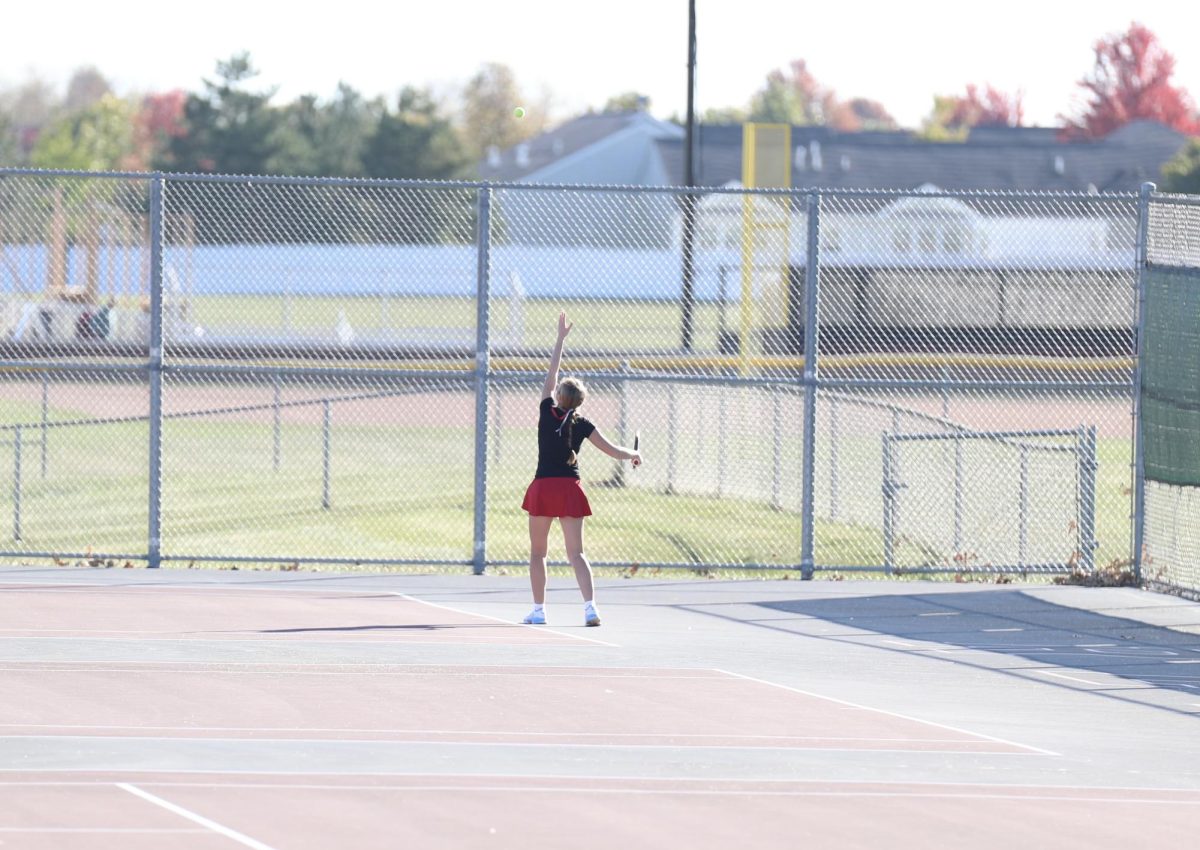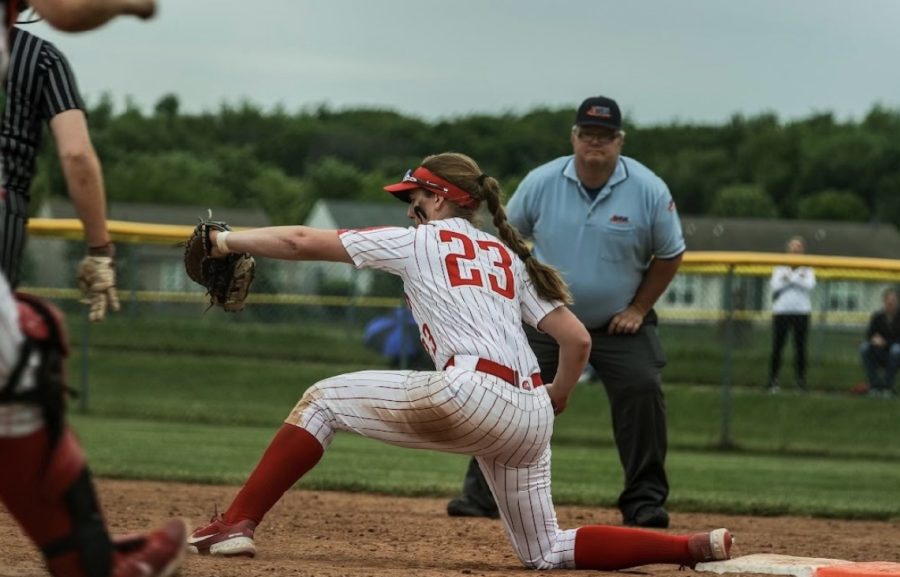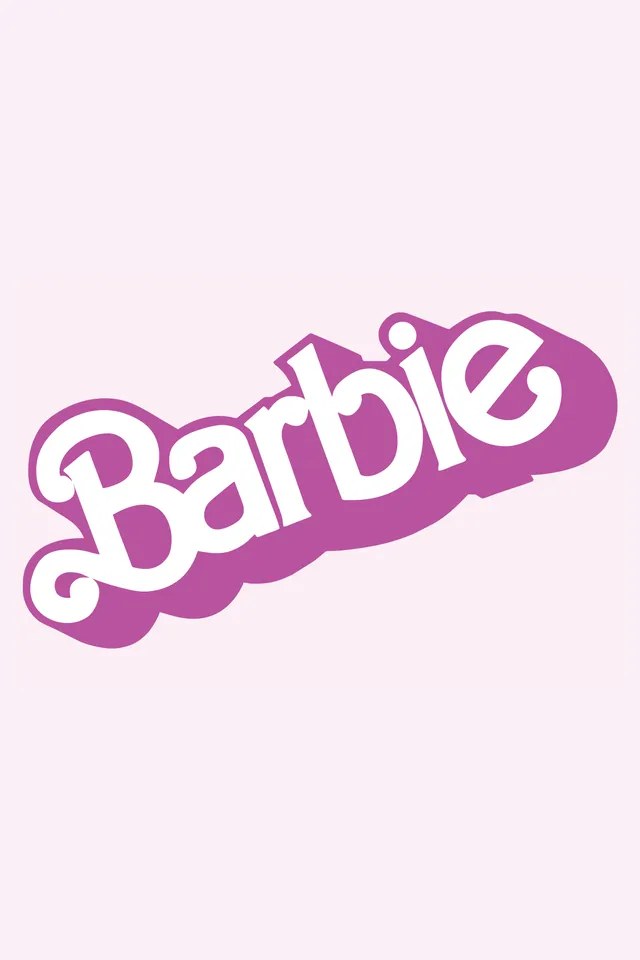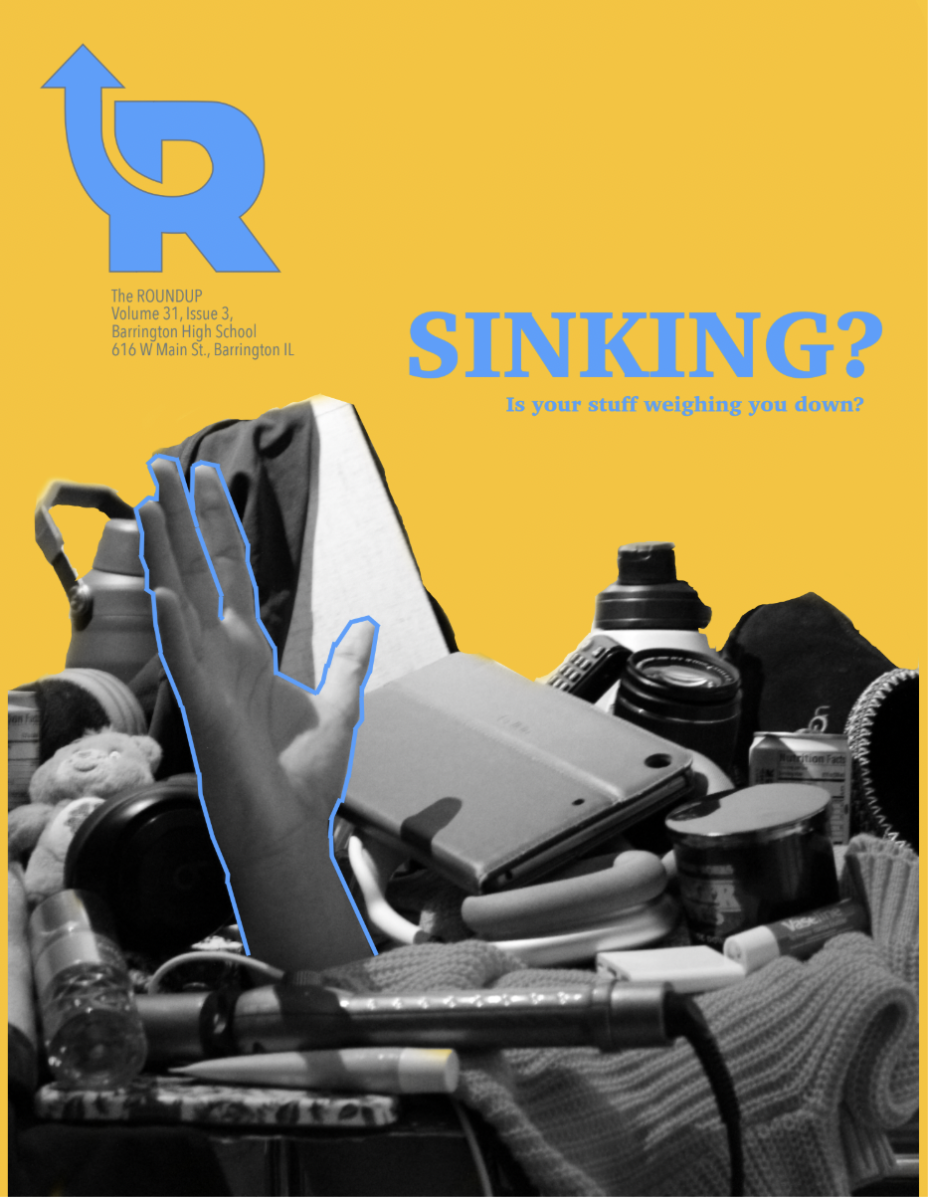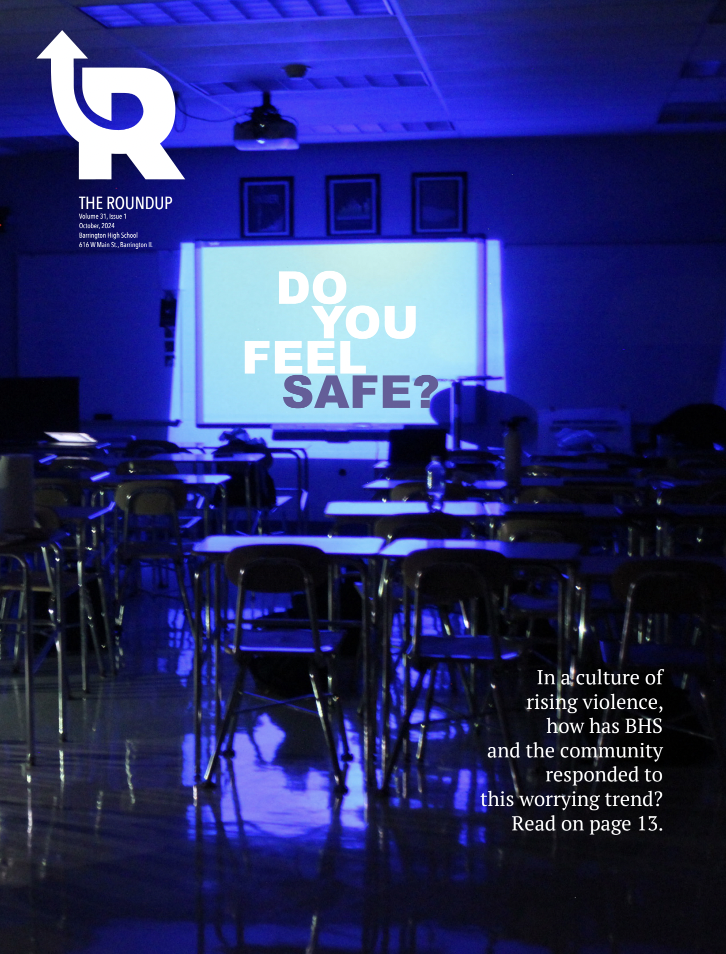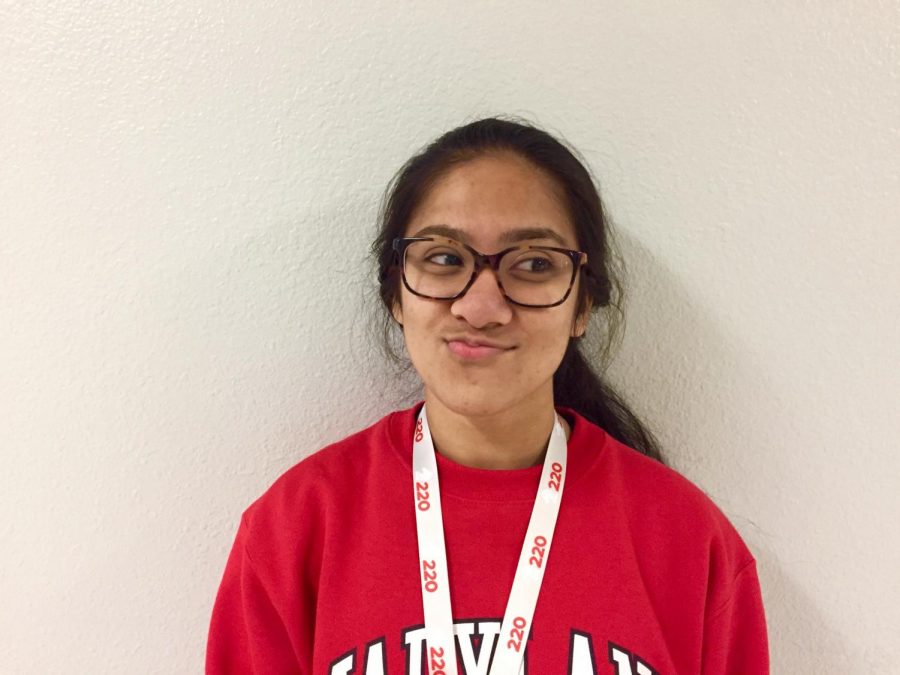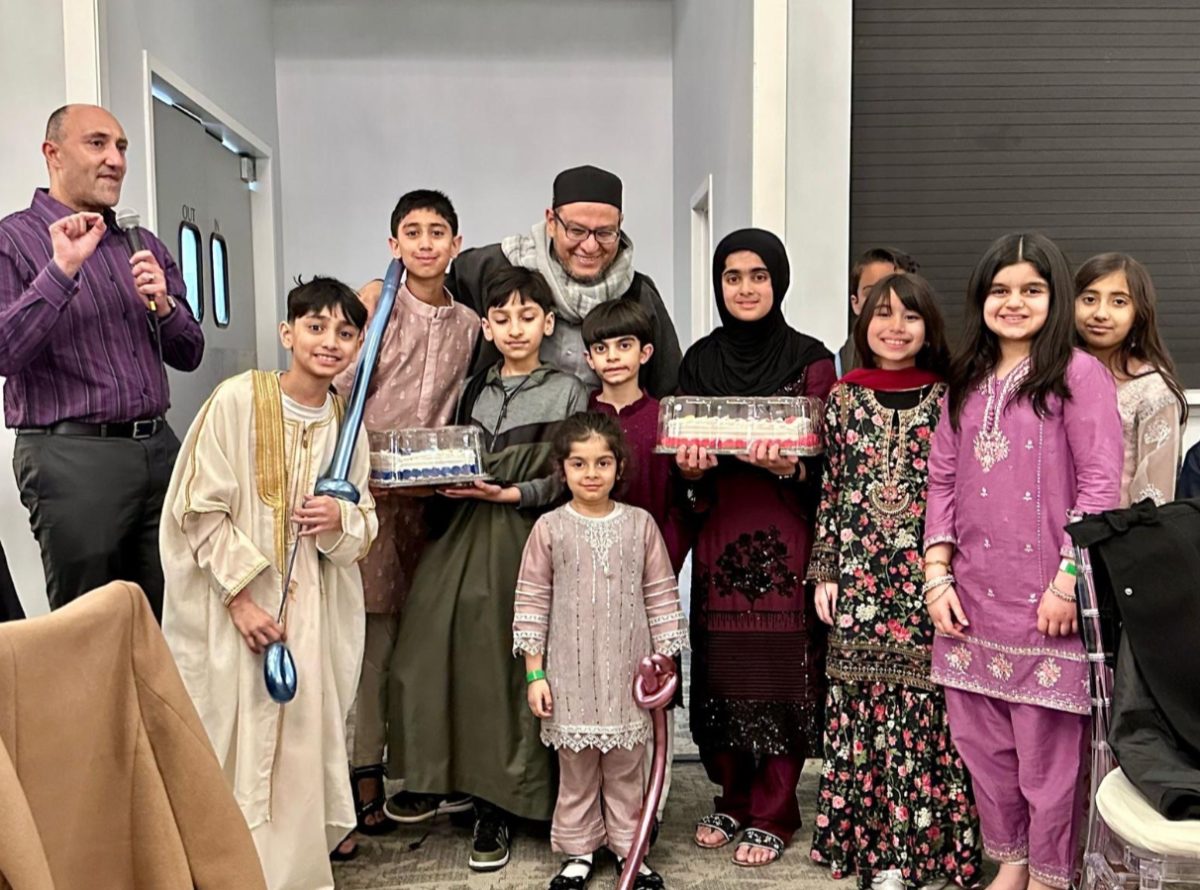More than mispronounced
Published October 30, 2018
Your name is undoubtedly a part of who you are. Whether it is small or large portion, it represents something about your culture, parents and identity. So, when people pronounce it wrong or spell it incorrectly, it tends to hurt just a little. In school, the biggest perpetrators of this are substitute teachers. It’s not exactly their fault, but they are definitely partially to blame. Now, I don’t have an especially difficult name to pronounce but I cannot say the same for sophomore Devanshi Chakrabarti.
I have a few classes with Chakrabarti and I have heard multiple substitutes butcher her name. Everytime she laughs it off and tells them the real pronunciation with a smile. I never understood that. People in the class would laugh, the sub would be angry, her name was mispronounced and there she was, just smiling and looking fully understanding.
“It’s not really annoying when subs mispronounce it. If it’s really wrong then it is annoying but if it’s just a little wrong I understand,” Chakrabarti said.
Chakrabarti has an understanding that her name is not the easiest to pronounce and because of it she gives leeway. What helps this consideration is that she believes substitute teachers do it less than they used to.
“Recently subs have been pronouncing it correctly because they actually try. Before, people pronounced it in different ways and it was so frustrating but people haven’t been doing it as often anymore. If people actually look at my name they can pronounce it,” Chakrabarti said.
The task of taking attendance can often be embarrassing and much of the blame can be put on to substitute teachers. Though it is understandable that cultural and language boundaries restrict the ability of subs to properly pronounce names, Chakrabarti believes this gap is widened when these teachers don’t put the effort in to at least try.
“If subs want to pronounce it correctly all they really have to do is look at my name. I honestly don’t mind if they get the vowels wrong, like if its a long ‘e’ or a short ‘e’, but my name ends with an ‘i’ and some people end it with an ‘a’. Just try reading it,” Chakrabarti said.
For students with names that are hard to pronounce, the frustration they often face could be prevented if three things happen. One being that substitute teachers put a concerted effort into trying to read and then properly pronounce names. The second being that if someone’s name in your class is butchered, don’t laugh about it because that can be doubly embarrassing. Thirdly, we all need to be a little more understanding, just as Chakrabarti is.


